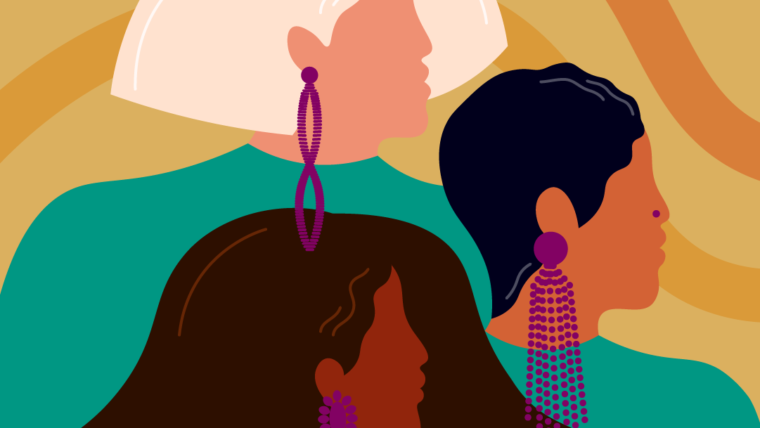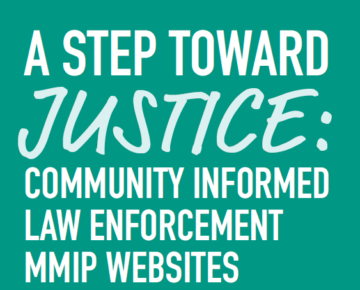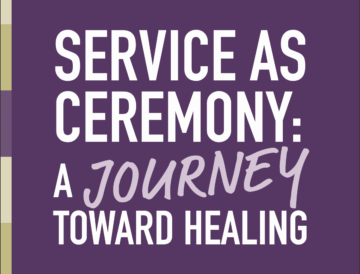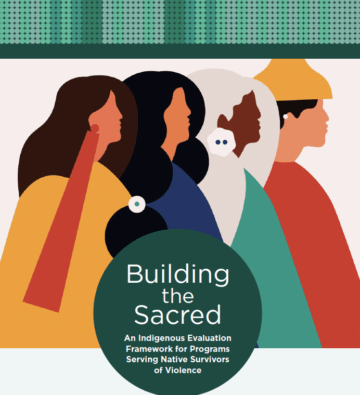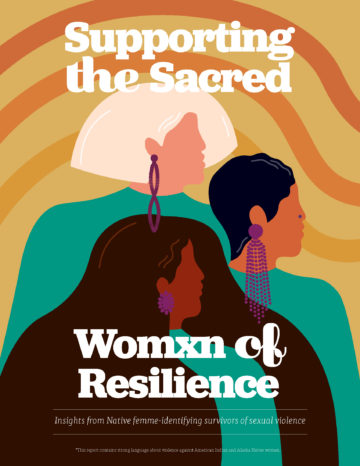Contents
Violence against Native women and girls—missing and murdered Indigenous women and girls (MMIWG), intimate partner violence (IPV), domestic violence (DV), and sexual violence (SV)—is a crisis our communities are all too familiar with. In a report about sexual violence in our communities, Urban Indian Health Institute (UIHI) found that, according to a survey of Native women living in Seattle, 94% of them has been raped or coerced in sex at some point in their lives. In a report about the MMIWG crisis, UIHI discovered that there were 5,712 cases of MMIWG reported in 2016 and only 116 of them were logged in the Department of Justice database. UIHI also independently found 506 cases of MMIWG in 71 cities across the United States, and, out of those 506 cases, 153 were not found in any law enforcement databases. This shows that we have a violence crisis as well as a data crisis in our communities.
Protecting the Sacred builds off of our existing work on violence against Native women and the MMIWG crisis and focuses on addressing racial misclassification in law enforcement databases and updating current data collection practices so that Native people are not erased in the data. This project also highlights UIHI’s Indigenous Evaluation Framework and aims to assist other Native-serving organizations in adapting their evaluation practices so they are culturally attuned and provide the best for their communities. Lastly, Protecting the Sacred looks at resources that are available to sexual violence survivors as well as resources that are most needed to help survivors heal.
Supporting the Sacred: Womxn of Resilience
In September 2020, we released Supporting the Sacred: Womxn of Resilience, which was a grant opportunity for Native femme-identifying survivors of sexual assault who have been impacted by the COVID-19 pandemic. This opportunity was open to survivors living in or near one of our 62 service areas across the United States. We worked to ensure representation from across the country.
Along with a goal of distributing funding to support Native femme-identifying survivors during the COVID-19 pandemic, we provided a platform for survivors to share their story. Survivors were asked a series of questions with the goal of identifying needs caused by the COVID-19 pandemic, resources available for survivors of sexual violence in urban Native communities, and recommendations for the resources still needed for healing. The purpose of the project was to gather information to highlight the strengths Native communities already have and insights that may assist organizations and communities in better serving Native survivors of sexual violence.
We produced a report for the survivors and for the community to demonstrate our ongoing resilience and also share what resources survivors had and what resources they need.
Supporting the Sacred: Womxn of Resilience
Resources for Law Enforcement Agencies
A Step Toward Justice: Community Informed Law Enforcement MMIP Websites
Recommendations to law enforcement from families of missing and murdered Indigenous people (MMIP) regarding appropriate content for websites relating to reporting, investigating, and creating awareness of MMIP.
A Step Toward Justice: Community Informed Law Enforcement MMIP Websites
A Step Toward Justice
This case study examines the collaboration Urban Indian Health Institute has with the King County Prosecuting Attorney’s Office to enact changes to the way victim data is collected and the way law enforcement agency databases record that data.
A Step Toward Justice
Improving Law Enforcement Data for Missing and Murdered Indigenous People Plan for American Indian and Alaska Native Data
This resource details how to best work with American Indian and Alaska Native data, guidelines for holding both Tribal Consultations and Urban Confers, and best practices for collecting race, ethnicity, and tribal affiliation data.
Improving Law Enforcement Data for Missing and Murdered Indigenous People
Building the Sacred: An Indigenous Evaluation Framework for Programs Serving Native Survivors of Violence
Building the Sacred: An Indigenous Evaluation Framework for Programs Serving Native Survivors of Violence illustrates four places from which Indigenous evaluation is already taking place in violence prevention, response, and healing programs that have not yet been formally recognized in a culturally rooted evaluation framework. The four places are walking with relatives, planting seeds of strength, healing, and adapting in community—protecting space for grief and healing.
Building the Sacred: An Indigenous Evaluation Framework for Programs Serving Native Survivors of Violence
Service as Ceremony: A Journey toward Healing
Healing from violence for Indigenous people is an ever-evolving journey that includes times of joy, tears, celebration, grief, ceremony, and love. This path toward healing often incorporates support of the urban and rural tribal peoples, communities, and programs. This is the story of 24 direct-service providers who work in gender-based violence programs in urban and rural tribal communities across the United States.

